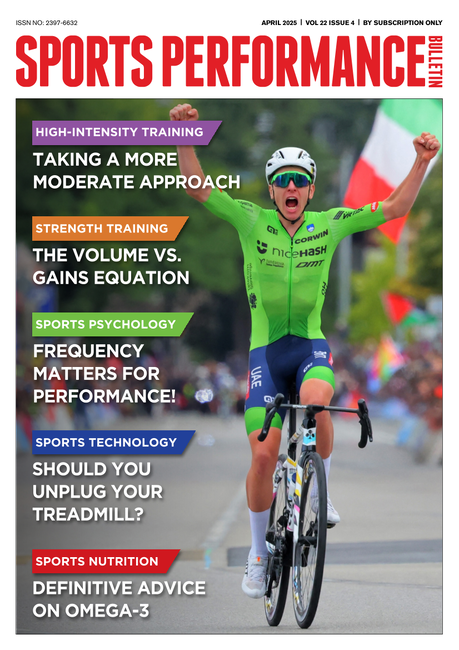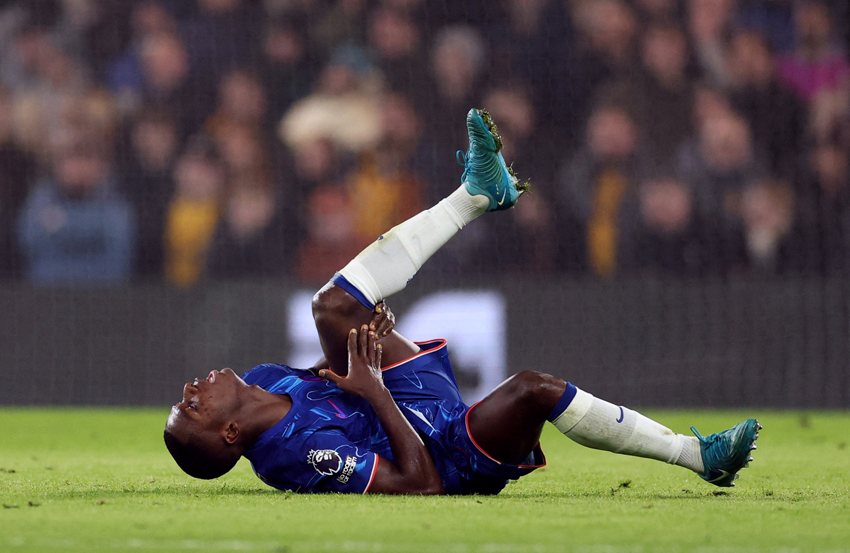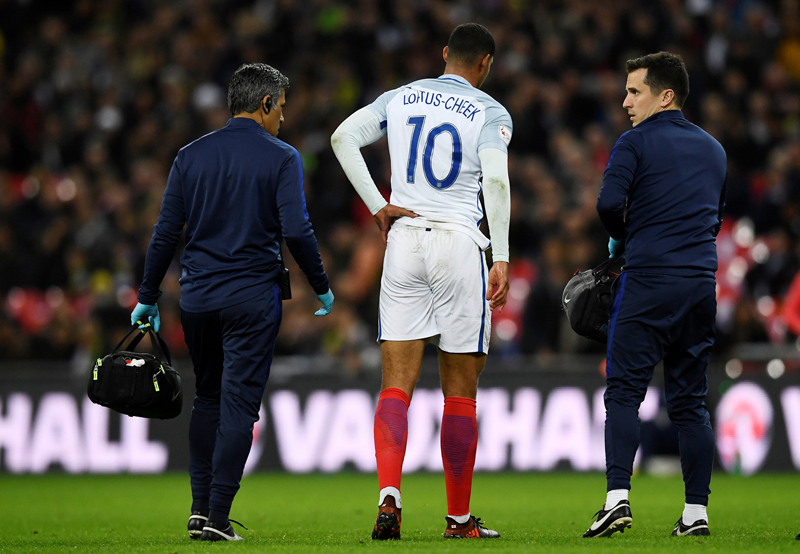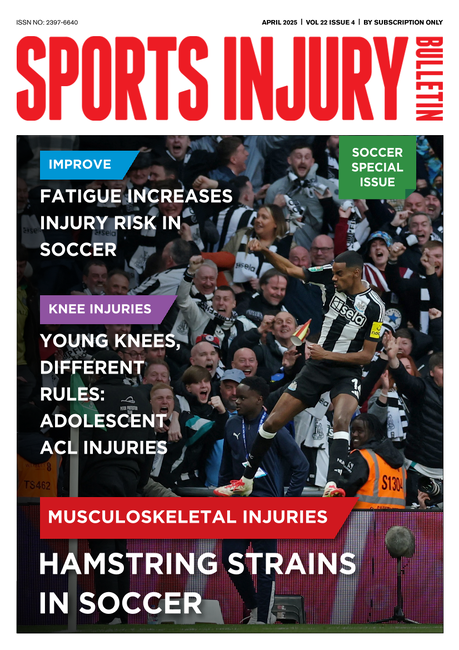Athletes and nutrition: the unpalatable truth about daily diet
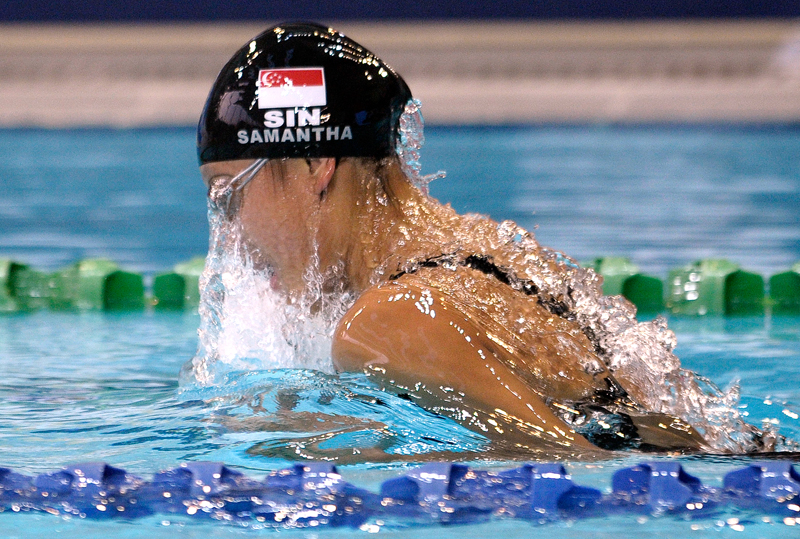
Many moons ago, I used to regularly give nutrition advice to athletes and gym users at my workplace. Despite having a good nutritional background under my belt and an in-depth understanding of the biochemistry underpinning the principles of nutrition, I soon discovered that translating this knowledge into positive results with clients was fraught with difficulty. The main reasons for this were that a) what clients thought they ate and what they actually ate were very different, and b) dietary practices that had been ingrained over years or decades were extremely difficult to modify; the client’s emotional and social connections to food and diet often trumped their desire to make positive changes.
Elite athletes and dietary basics
While the athletes I dealt with were very keen to improve their day-to-day diet, they were almost exclusively amateur athletes. Therefore, you might expect that when it comes to professional or elite athletes, the drive to attain the highest performance levels makes it much more likely that their dietary basics are excellent. This is especially the case given that many pro athletes have their own personal coaches and nutritionists - and even more so when you consider that in 2025, nearly everybody has 24/7 access to the internet and that there are numerous online software programs to help design well-balanced, nutritionally complete menus, which are readily available for mere pennies or even for free.
However, as regular SPB readers will know, this is sadly not the case. When we first reported on this topic for SPB back in 2010, we looked at data showing that elite and professional sportsmen and women across a wide range of sports and nationalities were saddled with poor nutritional habits, and we have also reported on more recent data confirming that many athletes are still not attending properly to the basics. Just a few examples of these findings include:
· Elite male swimmers – over 50% of whom were deficient in calcium and insufficient in carbohydrate intake(1).
· Female judo athletes who failed to meet their needs for iron, calcium B1 and niacin intakes(2).
· Female handball, runner, karate and basketball athletes, 100% of whom failed to meet their magnesium and copper intake requirements(3).
· Highly trained female cyclists, whose average daily intakes for folic acid, magnesium, iron, and zinc were sub optimum, while. More than one-third of the cyclists failed to consume even 60% of the recommended daily intake for vitamins B6, B12, E and the minerals magnesium, iron, and zinc(4).
· Seventy two elite female athletes where 65% failed to meet carbohydrate intake recommendations and many failed to meet their needs for for folic acid, calcium, magnesium, and iron(5).
· Over 550 Dutch elite and sub-elite athletes, the majority of whom had sub-optimum vitamin D intakes and where iron intake was sub optimum in a substantial number of the women(6).
· A study on collegiate distance runners, where the majority (73%) consumed less than recommended levels of carbohydrates while 50% of women and 24% of men did not meet the recommended daily allowance for calcium, and 95% of the runners did not meet the RDA for vitamin D(7)!
· A study on female and male NCAA Division I cross country student-athletes, which found carbohydrate intakes were below athlete guidelines in 43% of females and 29% of males, none of the 28 athletes met the RDA for vitamin D, only 79% of females and 36% of males met the RDA for calcium and where nearly all failed to meet the ‘Healthy Eating Index’ (HEI) guidelines for the main food groups (except protein foods) – see figure 1(8).
Figure 1: Athletes’ Healthy Eating Index scores for the main food groups
You need to be logged in to continue reading.
Please register for limited access or take a 30-day risk-free trial of Sports Performance Bulletin to experience the full benefits of a subscription. TAKE A RISK-FREE TRIAL
TAKE A RISK-FREE TRIAL
Newsletter Sign Up
Testimonials
Dr. Alexandra Fandetti-Robin, Back & Body Chiropractic
Elspeth Cowell MSCh DpodM SRCh HCPC reg
William Hunter, Nuffield Health
Newsletter Sign Up
Coaches Testimonials
Dr. Alexandra Fandetti-Robin, Back & Body Chiropractic
Elspeth Cowell MSCh DpodM SRCh HCPC reg
William Hunter, Nuffield Health
Keep up with latest sports science research and apply it to maximize performance
Today you have the chance to join a group of athletes, and sports coaches/trainers who all have something special in common...
They use the latest research to improve performance for themselves and their clients - both athletes and sports teams - with help from global specialists in the fields of sports science, sports medicine and sports psychology.
They do this by reading Sports Performance Bulletin, an easy-to-digest but serious-minded journal dedicated to high performance sports. SPB offers a wealth of information and insight into the latest research, in an easily-accessible and understood format, along with a wealth of practical recommendations.
*includes 3 coaching manuals
Get Inspired
All the latest techniques and approaches
Sports Performance Bulletin helps dedicated endurance athletes improve their performance. Sense-checking the latest sports science research, and sourcing evidence and case studies to support findings, Sports Performance Bulletin turns proven insights into easily digestible practical advice. Supporting athletes, coaches and professionals who wish to ensure their guidance and programmes are kept right up to date and based on credible science.


